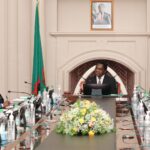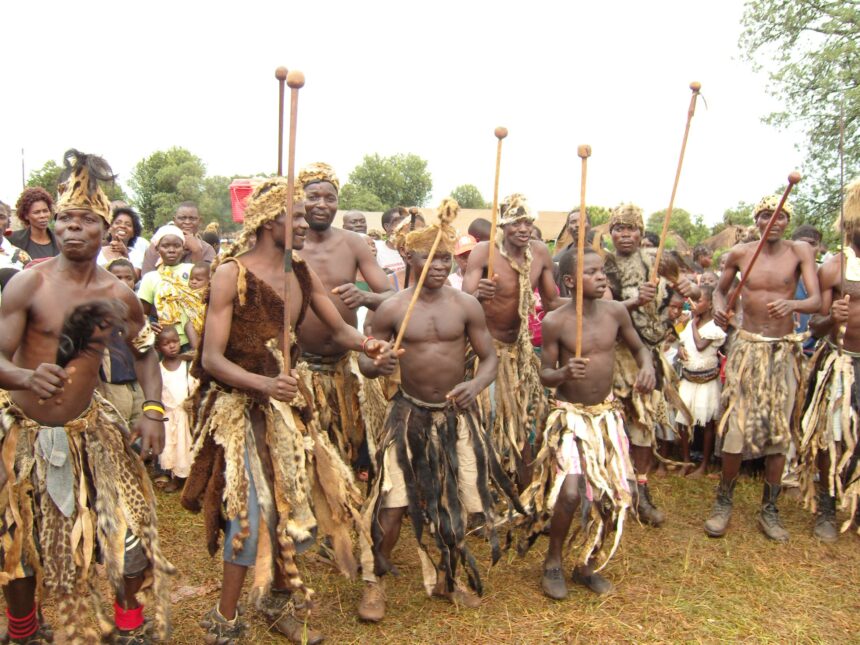The annual Nc’wala traditional ceremony of the Ngoni people will take place over five days this year, an extension from the usual three days, to accommodate additional cultural activities. The 2025 edition holds special significance as it commemorates 125 years since the passing of Mpezeni I.
The celebrations will commence tomorrow in Feira, Luangwa, where the Ngonis will symbolically cross the Zambezi River to mark 190 years since their ancestors migrated from South Africa into Zambia, Malawi, and Tanzania. This historic reenactment pays homage to the journey that shaped the Ngoni heritage.
According to Nc’wala Traditional Ceremony Organising Committee Secretary General Adamson Sakala, Wednesday will feature a walking carnival, followed by the movement of Paramount Chief Mpezeni from Ephendukeni Palace to Laweni in Mtenguleni on Thursday. Friday will be reserved for welcoming visitors, with the main event set for Saturday.
“This year, we have a new arena, built through the support of the King, the committee, and the Government,” Mr. Sakala stated during the final preparatory meeting on Saturday.
The event will also witness esteemed guests, including King Mswati III of Eswatini and Zambian President Hakainde Hichilema, who have been invited to officiate the main celebrations. King Mswati, known as the Ngwenyama of Eswatini, is the head of the Swazi royal family and shares historical ties with the Ngoni people.
In preparation for the festivities, Eastern Province Permanent Secretary Paul Thole announced that the Government has granted the organizing committee a hunting license to provide traditional game meat for the occasion. The permit allows for the hunting of four hippos, two buffaloes, and three impalas, ensuring an authentic feast in line with Ngoni traditions.
The Nc’wala ceremony is a major cultural event in Zambia, celebrating the rich heritage of the Ngoni people through song, dance, and rituals. This year’s extended program is expected to attract thousands of attendees, both local and international, reaffirming the significance of traditional ceremonies in preserving history and identity.






